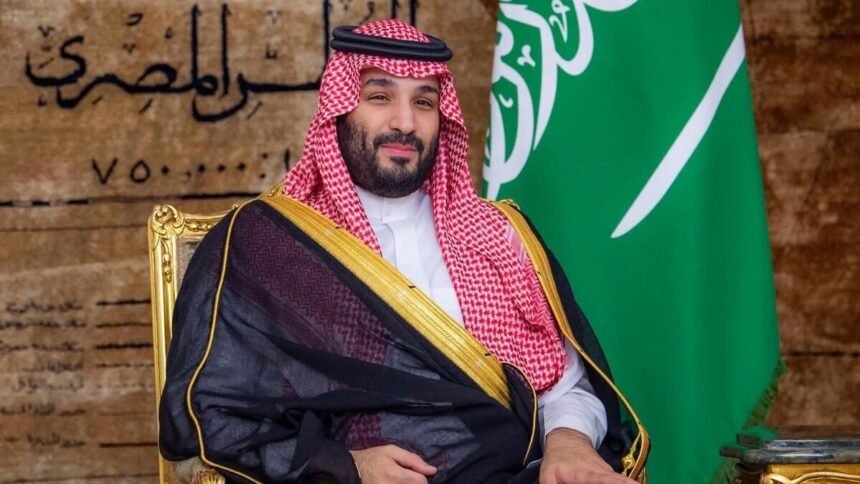Politico reports that in the process of restoring relations with Israel, Saudi Crown Prince Mohammed bin Salman has expressed grave worries about his personal safety. It is believed that he expressed concern for his life to U.S. legislators if he proceeds with the accord without securing significant concessions for the Palestinians.
The Palestinian State’s Crucial Role
MBS has emphasized that a clear route to a Palestinian state must be part of any possible normalization agreement. He expressed alarm at the 1981 killing of Egyptian President Anwar Sadat by Islamist militants, which occurred after Sadat signed a peace accord with Israel.
“If I cannot find a solution to what I consider to be the most significant justice issue in the region, I will step down from my role as the guardian of the Islamic sacred places,” MBS declared. Saudi Arabia has a great stake in this issue, which has great resonance throughout the Middle East,” the speaker added.
Gaza Conflict’s Effect on Normalization Discussions
The recent bloodshed in Gaza has had a negative impact on Saudi Arabia and Israel’s normalization negotiations. Around 1,200 people were killed and 251 hostages were abducted during a significant attack on southern Israel on October 7 by Hamas terrorists. It is now difficult for the United States and Saudi Arabia to proceed with the agreement as anticipated due to the escalation that has hampered the diplomatic efforts.
Saudi-American Talks and Political Timing
MBS is still determined to moving the transaction forward in spite of his reservations because he sees it as essential to Saudi Arabia’s future. There are presently no preparations for Senate ratification prior to its break, and sources inside the U.S. Congress suggest that a definitive deal on Israel-Saudi normalization is doubtful before the November presidential election.
Politico senior foreign affairs writer Nahal Toosi speculated that MBS may be using the fear of murder to put pressure on American authorities to get Israel to comply with his demands.
Obstacles and American Engagement
Since he opposes the creation of a future Palestinian state, Israeli Prime Minister Benjamin Netanyahu has faced obstacles in his constant pursuit of reconciliation with Saudi Arabia.
In exchange for complete recognition of Israel, President Joe Biden has acknowledged that Saudi Arabia seeks to launch a civilian nuclear program and obtain security guarantees from the United States.
A prohibition that expired in 2021 has been lifted by the White House, which has lately begun sending offensive weaponry to Saudi Arabia. This action is a part of larger attempts to engage Riyadh in resolving the Gaza issue and confronting Iranian threats.
BREAKING:
Saudi Crown Prince informed US Congress members that his life is in danger for working to normalize relations with Israel. pic.twitter.com/jBCcwDtse4
— Globe Eye News (@GlobeEyeNews) August 14, 2024Dynamics of Geopolitics
Before the Gaza crisis broke out on October 7, when terrorists headed by Hamas assaulted southern Israel, causing substantial losses and hostage-taking, it appeared like normalization was almost here.
Notably, just prior to the outbreak of hostilities, two Israeli ministers had been to Saudi Arabia.
The Middle East crisis continues to cast doubt on the viability of the normalization agreement as the United States and Saudi Arabia negotiate these complex geopolitical concerns.
It is probable that MBS will utilize a combination of diplomatic tactics and public relations initiatives to further the normalization agenda. This would entail carrying on conversations with American representatives in order to get vital guarantees and concessions while controlling Middle Eastern public opinion in order to prevent retaliation.
Furthermore, MBS will have to carefully strike a balance between the larger objectives of regional stability and peace and Saudi Arabia’s security and economic interests.





